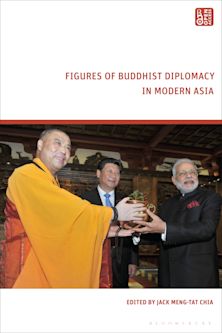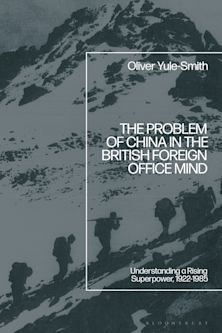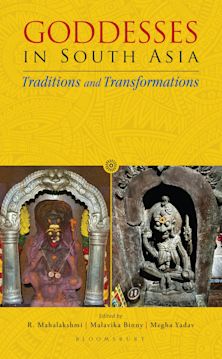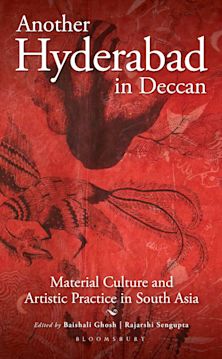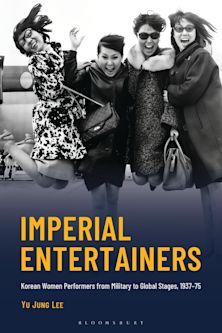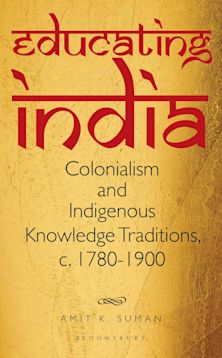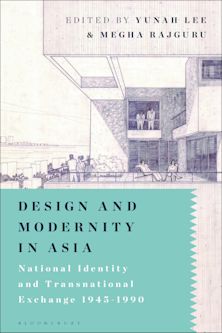- Home
- ACADEMIC
- History
- Asian History
- Memory, Reconciliation, and Reunions in South Korea
You must sign in to add this item to your wishlist. Please sign in or create an account
Description
Winner of the 2019 Scott Bills Memorial Prize for Outstanding First Book in Peace History.
Memory, Reconciliation, and Reunions in South Korea: Crossing the Divide explores the history and tells the story of the emotionally charged meetings that took place among family members who, after having lost all contact for over fifty years on opposite sides of the Korean divide, were temporarily reunited in a series of events beginning in 2000. During an unprecedented period of reconciliation between North and South Korea, those nationally televised reunions would prove to be the largest meetings held theretofore among civilians from the two states since the inter-Korean border was sealed following the end of active hostilities in 1953. Drawing on field research during the reunions as they happened, oral histories with family members who participated, interviews among government officials involved in the events' negotiation and planning, and observations of breakthrough developments at the turn of the millennium, this book narrates a grounded history of these pivotal events. The book further explores the implications of such intimate family encounters for the larger political and cultural processes of moving from a disposition of enmity to one of recognition and engagement through attempts at achieving sustained reconciliation amid the complex legacies of civil war and the global Cold War on the Korean Peninsula.
Table of Contents
Chapter 1: Historicizing Korea's Geopolitical Liminality
Chapter 2: Fateful Passages, In-Between States
Part II
Chapter 3: Anti-Commemorations
Chapter 4: Threshold Rituals of Reconciliation
Part III
Chapter 5: Impossible Returns
Chapter 6: Ethical Traversals
Conclusion: Meeting with the Past
Epilogue: The Afterlife of Division
Product details
| Published | Oct 31 2016 |
|---|---|
| Format | Ebook (Epub & Mobi) |
| Edition | 1st |
| Extent | 284 |
| ISBN | 9780739184721 |
| Imprint | Lexington Books |
| Illustrations | 9 BW Photos, 1 Map |
| Series | AsiaWorld |
| Publisher | Bloomsbury Publishing |
Reviews
-
This is the finest book I know on the intricate politics and social situation of Korean separated families. Relying ably on a mix of historical and ethnographic methods, and drawing on perspectives ranging from psychoanalytic treatments of mourning to ritual theory, Kim moves from the origins of family separation before and during the Korean War and the political classifications it entailed to various attempts to reunite such families across the North-South divide. The book culminates with an on-the-spot examination of the series of reunions that began in the year 2000, at a moment of hope for broader inter-Korean rapprochement, which Kim persuasively argues was also a crucial event in the reckoning of national kinship. In turns critical, analytically innovative, and moving, Kim's work deserves to be read by every student of the modern Koreas.
Robert Oppenheim, University of Texas at Austin
-
Nan Kim's study of the place and significance of reunions of Korean families still divided by the never ending Korean War is nothing less than subtle majesty. Professor Kim interrogates the political whys and hows involved in these heavily publicized moments with deep sensitivity to the painfully lived and physically embodied reality of division for these families. She raises, moreover, the disturbing truth that many of these reunions have 'unsettled' the meaning of war death on both sides of the 38 parallel with family members long mourned as dead suddenly alive and on the other side. Her message is profoundly disquieting; her prose is elegant and clear.
Alexis Dudden, University of Connecticut












